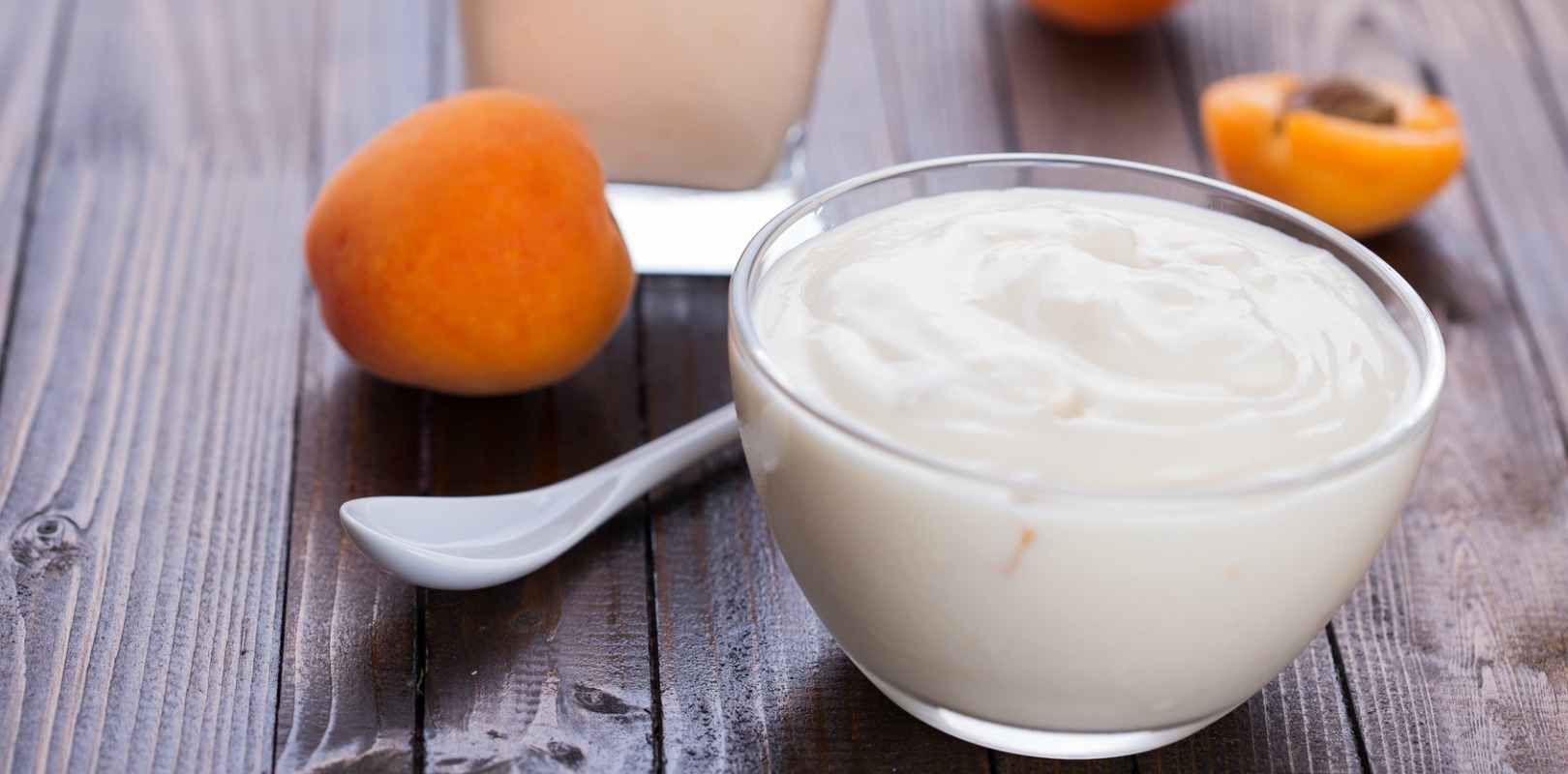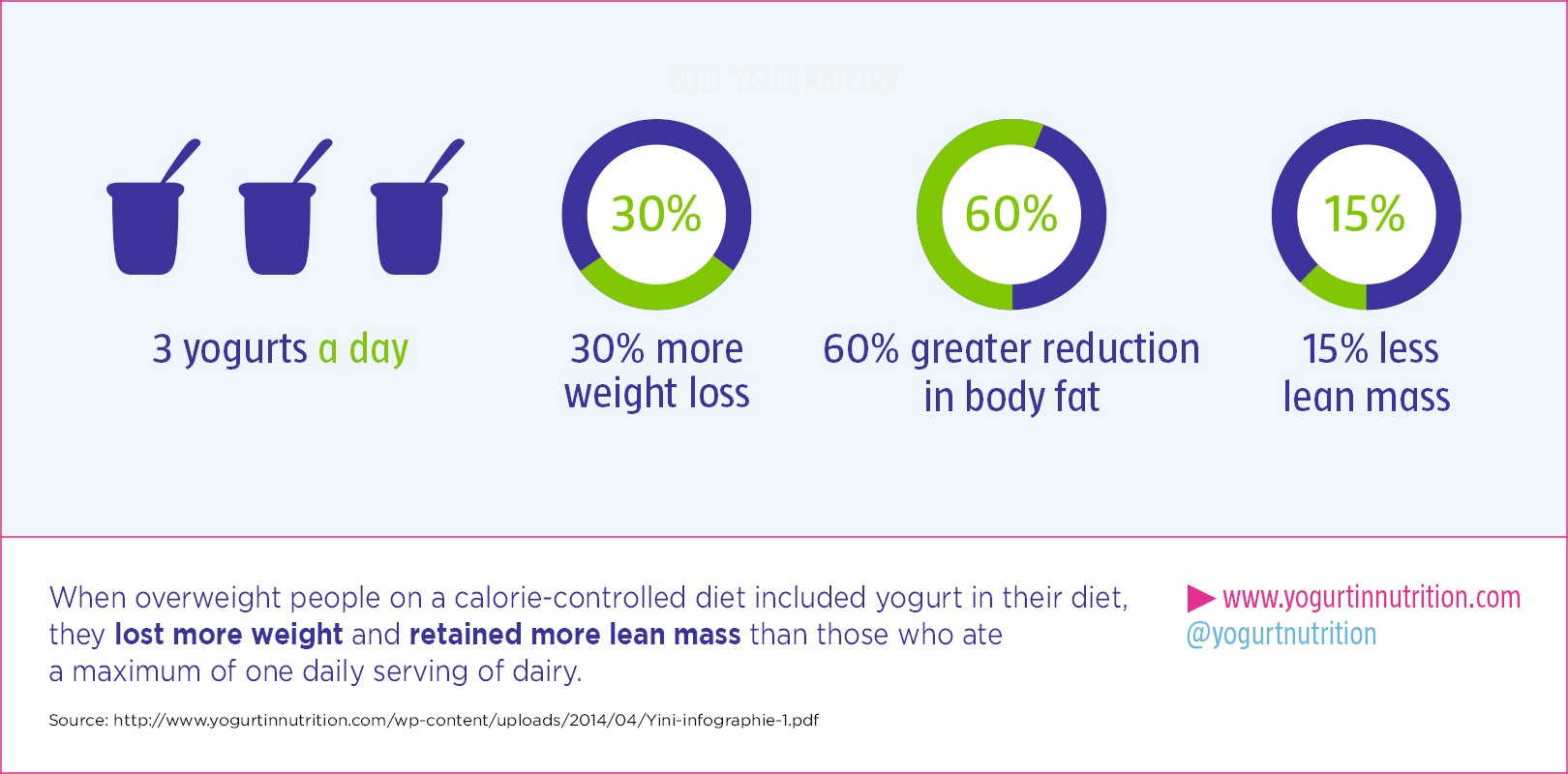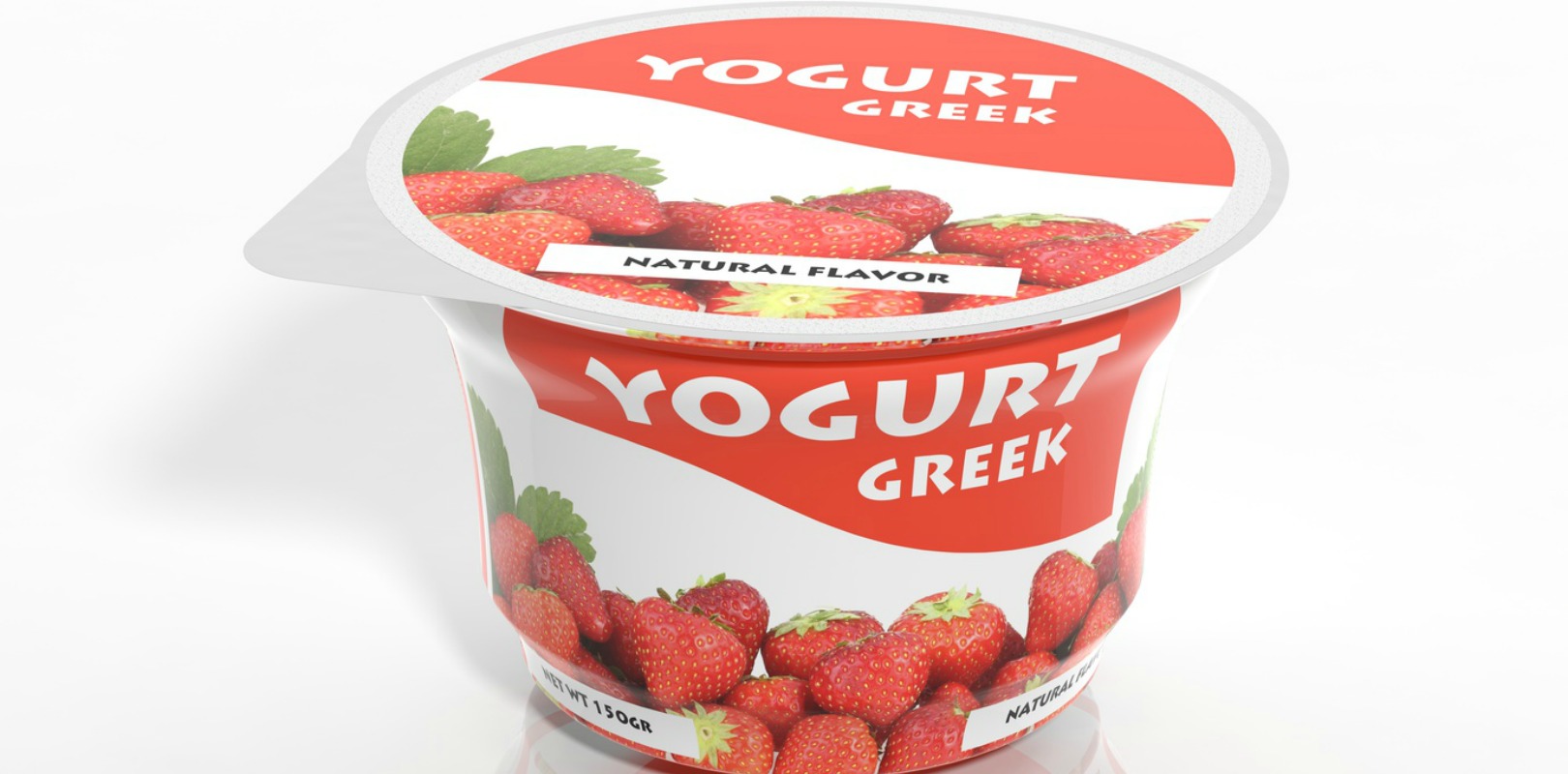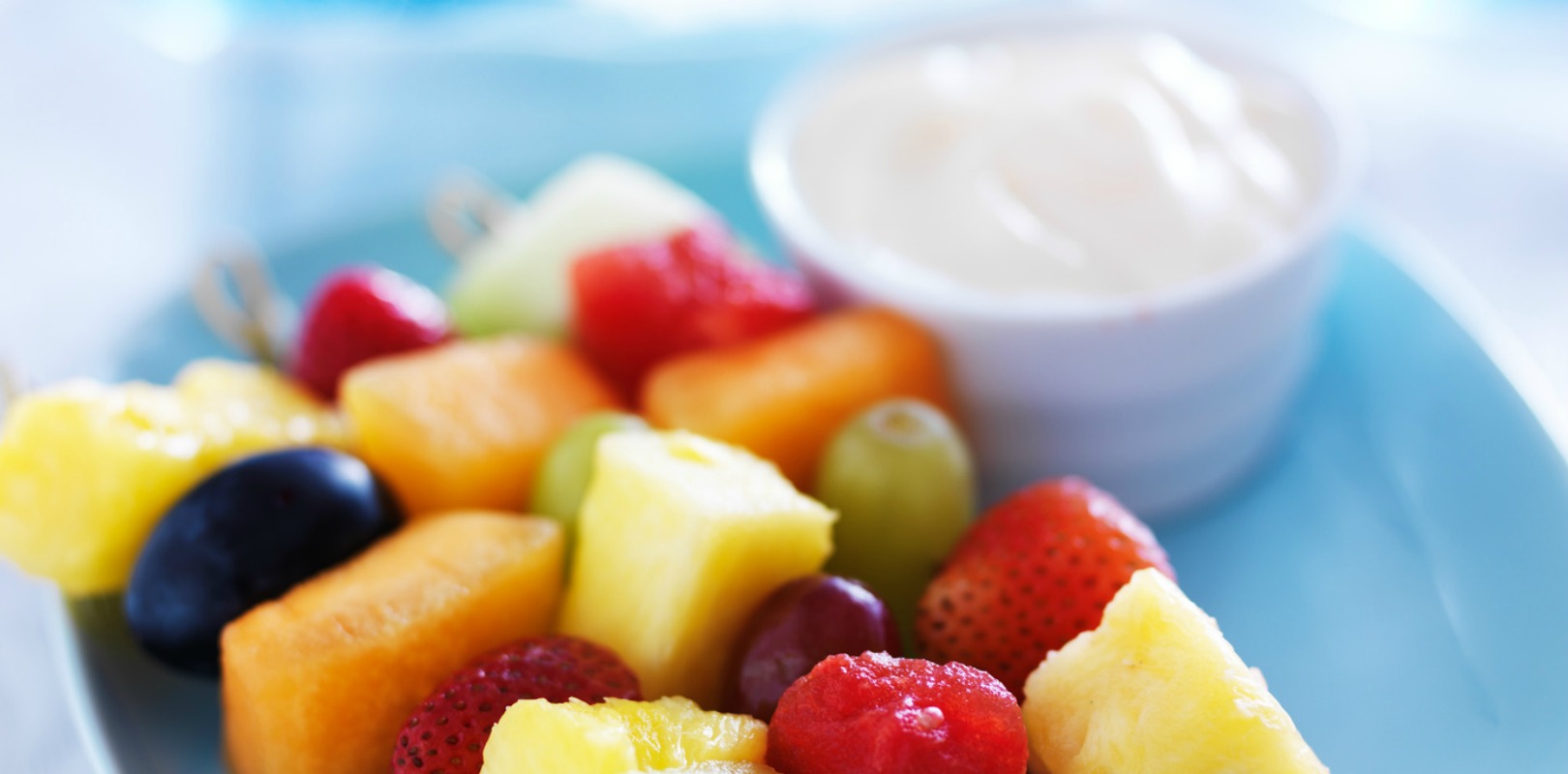According to Dutch research, the daily intake and distribution of proteins in older adults increased when protein enriched yogurt was consumed daily instead of regular yogurt servings.
The loss of muscle mass or sarcopenia accelerates when people get older, with a risk of falling and reduced functionality as consequences. To prevent muscle loss, it is crucial to increase protein intake and distribution over the day, enriching frequently consumed food with proteins may support this. A single blind randomized controlled trial in the Netherlands measured twice per week the total protein intake and protein intake per meal of older adults (> 55 years) in a rehabilitation home during three weeks. Participants received a high protein or a regular diet of bread and drinking yogurt.
Protein consumption over recommended level
Patients who consumed the fortified yogurt had a significantly higher daily protein intake compared to those who did not: 115.3 g/d vs 72.5 g/d. During each of the three meals, the intervention group consumed more than the recommended level of 25-30 g/meal, whereas the control group consumed quantities below the recommended level during breakfast (17.7 g) and lunch (18.4 g). Not only the daily intake of proteins increased with enriched yogurt, the protein distribution over the day was improved as well.












